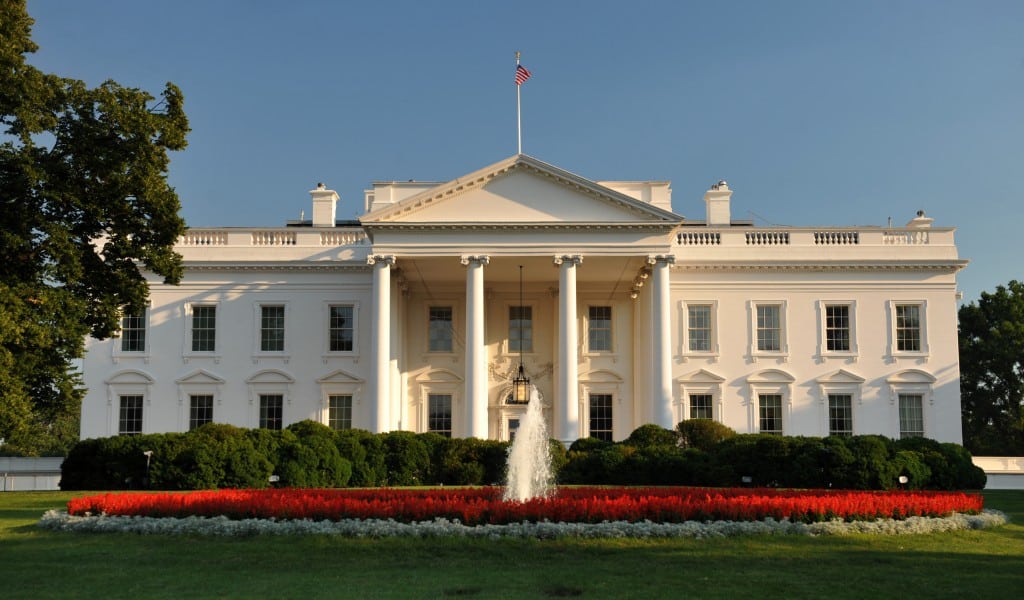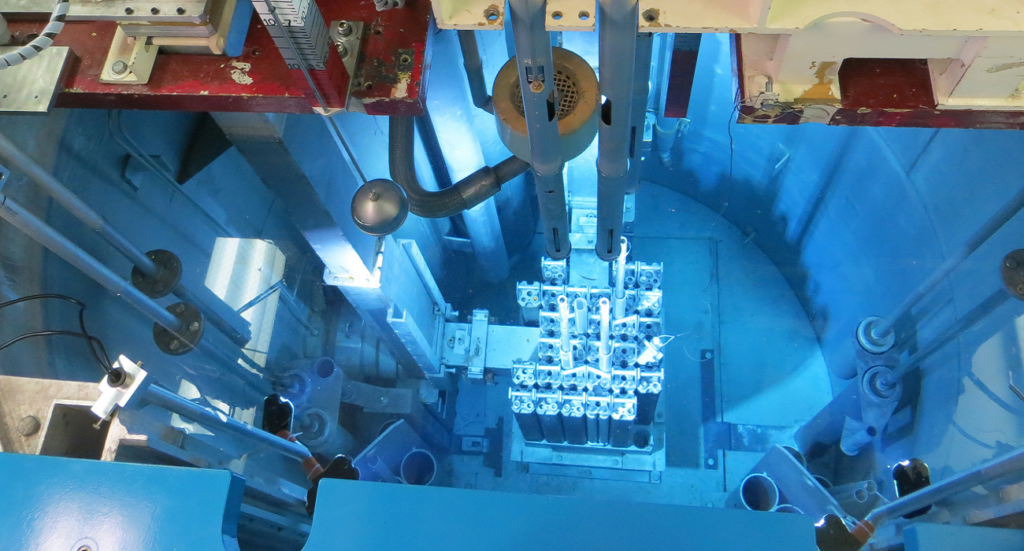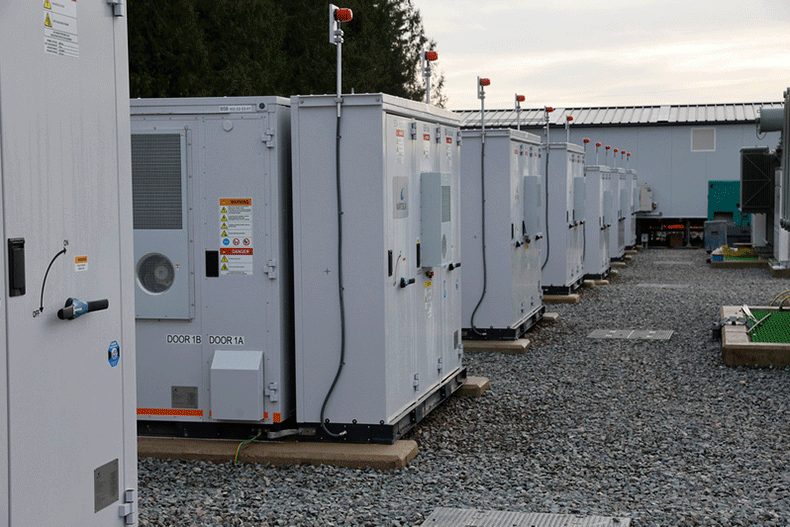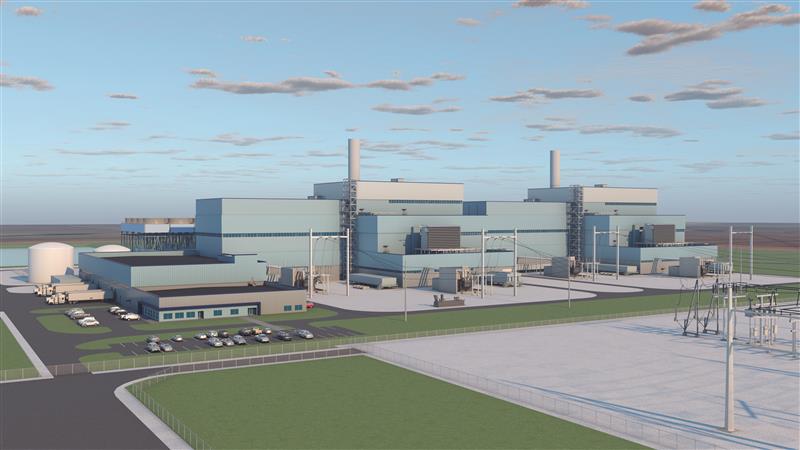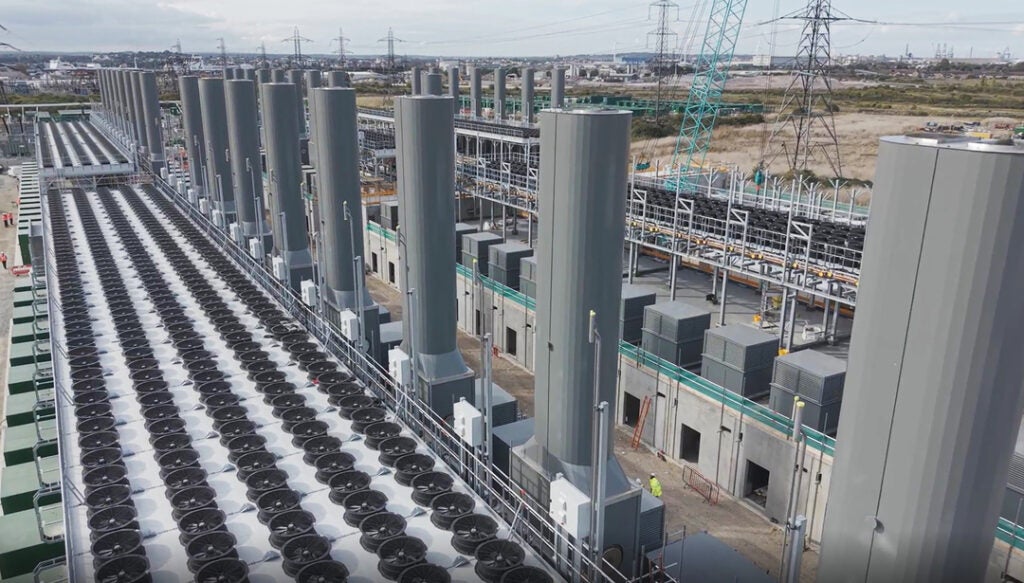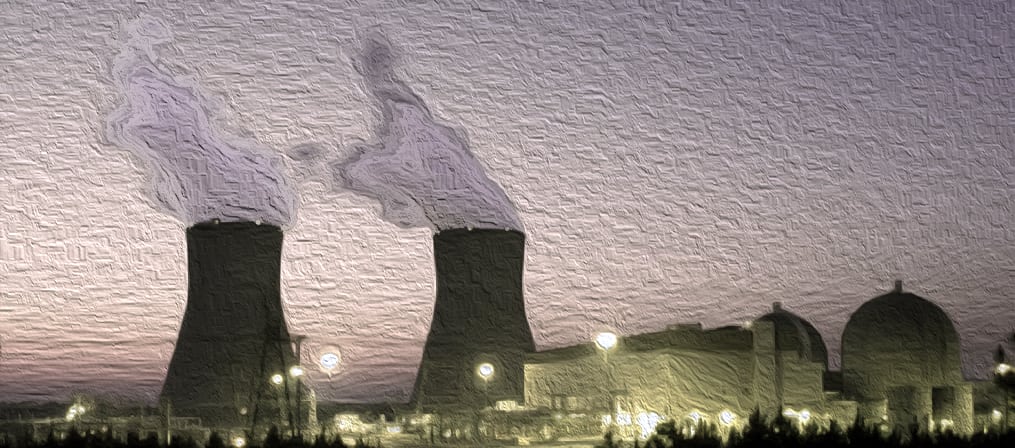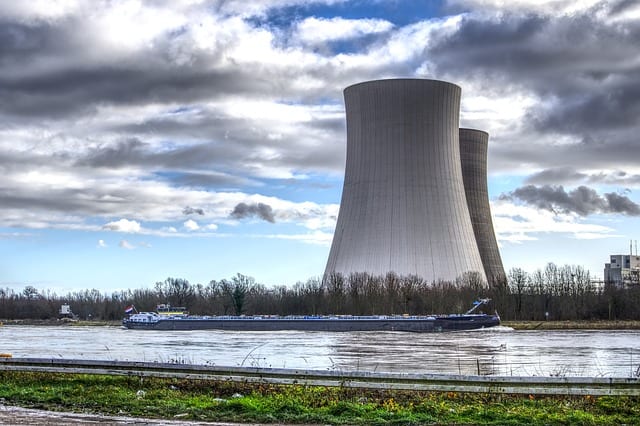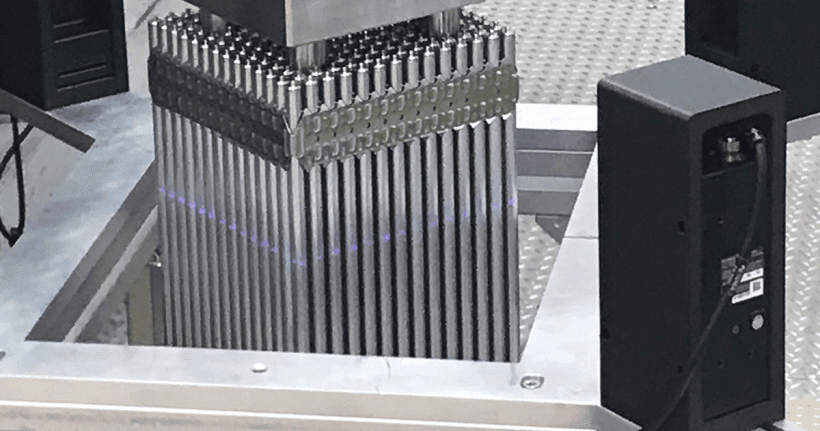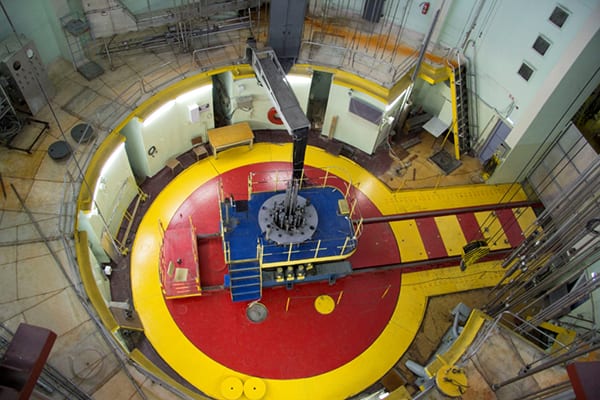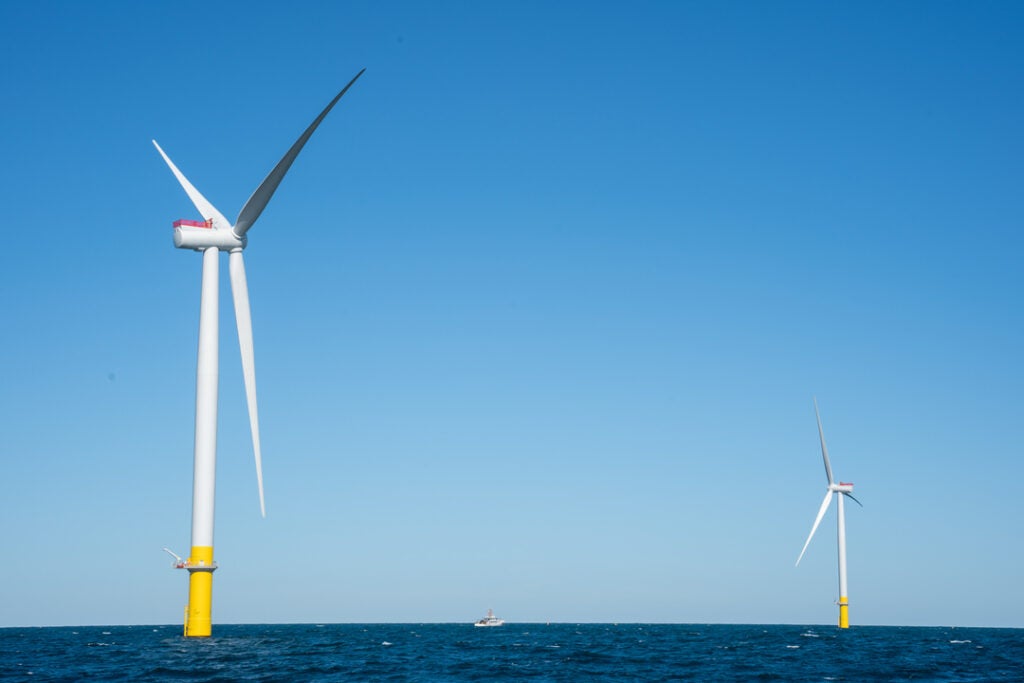Global Nuclear Fuel (GNF), a GE-led joint venture with Hitachi Ltd. that supplies boiling water reactor fuel and fuel-related services around the world, said lead test assemblies utilizing its ARMOR-coated zirconium cladding and IronClad Accident Tolerant Fuel solutions have been installed at Exelon’s Clinton nuclear plant in Illinois.
“We continue to work with our customers and partners to develop fuel solutions to lead the industry into the future,” Jay Wileman, president and CEO with GE Hitachi Nuclear Energy, said in a press release announcing the feat. “With support from the industry and the [U.S. Department of Energy (DOE)], we are advancing this fuel technology at an aggressive pace.”
DOE Supports Accident Tolerant Fuel Programs
The DOE’s Office of Nuclear Energy awarded a total of $111.2 million to three companies—GE, Westinghouse, and Framatome—in late 2018 to develop accident tolerant fuels. The period of performance for these awards goes through January 31, 2021, with the DOE planning additional funding of $55.6 million in fiscal year 2020 and $30 million in 2021, contingent upon Congressional approval.
Accident tolerant fuels (ATF) are intended to directly and substantially enhance nuclear fuel reliability and safety, as well as the economics of nuclear reactor operations. One of the most important attributes of ATF is improved heat tolerance. ATF also allows increased agility to power reactors up and down while staying within safety margins.
“We are very pleased with the success of the accident tolerant fuel program to date and its contribution to nuclear reactor safety and economics,” Under Secretary of Energy Mark W. Menezes said in a press release when the DOE awards were announced.
The primary objective of GE’s award was to continue the development of iron-chromium-aluminum (FeCrAl) alloys cladding trademarked IronClad and to continue to develop its coating program for zirconium alloys trademarked ARMOR. The company was also expected to study uranium dioxide-based ceramic metal fuels. One condition for receiving the award was to install an initial lead test assembly in a U.S. commercial power plant during the first 14-month budget period, which the Clinton project presumably fulfills.
The lead test assemblies contain three varieties of GNF’s IronClad solution. In 2018, unfueled IronClad lead test rods and fueled ARMOR-coated zirconium cladding lead test rods were installed at Georgia Power’s Plant Hatch. However, the Clinton assemblies are the first fueled ferritic steel-based cladding assemblies to be installed in a commercial reactor. The assemblies were manufactured at GNF’s facility in Wilmington, North Carolina.
Accident Tolerant Fuels Improve Nuclear Safety
GNF said IronClad solutions are designed to provide substantial oxidation resistance and superior material behavior over a range of conditions compared to prior solutions. The low oxidation rates of the material at higher temperatures further improves safety limit margins. GE Research supported the development of one of the IronClad solution varieties that were installed at Clinton by providing engineering support and fabricating components that went into making the fuel rods.
GNF’s ARMOR-coated zirconium cladding also provides oxidation resistance and superior material behavior over a range of conditions making it an attractive technology to improve safety limit margins. Additionally, ARMOR is said to provide enhanced protection of fuel rods against debris fretting.
“Our top priority is the safety and health of the public and our employees, and this game-changing technology will make plants even safer, resulting in more flexibility in our operations. This is not a small step, but a leap for our industry,” John Williams, nuclear fuel director at Southern Nuclear’s headquarters in Birmingham, Alabama, said in a statement when the test rods were first slated for installation at Plant Hatch.
Work on ATF is also taking place in other parts of the world. TVEL Fuel Co. of Rosatom, a company that provides nuclear fuel to 72 reactors in 14 countries, including the Russian fleet, completed the first phase of its ATF testing in October at the MIR research reactor at the State Research Institute of Atomic Reactors in Ulyanovsk Oblast, Russia. The achievement was expected to pave the way for testing at a Russian commercial nuclear plant later this year.
—Aaron Larson is POWER’s executive editor (@AaronL_Power, @POWERmagazine).



